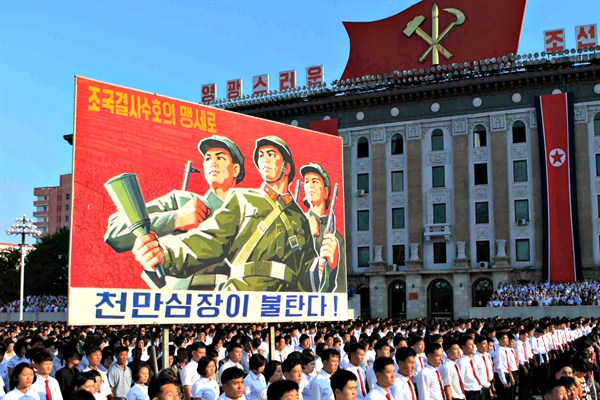What is the point of the United Nations Security Council? The U.N. Charter says that the body “has primary responsibility for the maintenance of international security,” but it has only ever played this role haphazardly. The Security Council seizes on some crises tenaciously and ignores others entirely. As a result, the doyen of U.N. studies, Adam Roberts, has aptly described the organization as a “selective security system.”
Hankerers after global governance may wish the council were more consistent. For more pragmatic observers, the interesting question is what sort of situations it selects to concentrate on. A quick glance at the council’s current work suggests that it basically picks up on two, distinctly different types of crisis.
The first type is any conflict with brutal humanitarian consequences but limited geopolitical implications, primarily in Africa. Security Council diplomats estimate that they spend between 60 and 80 percent of their time dealing with persistent trouble spots like Darfur and the Democratic Republic of Congo.

